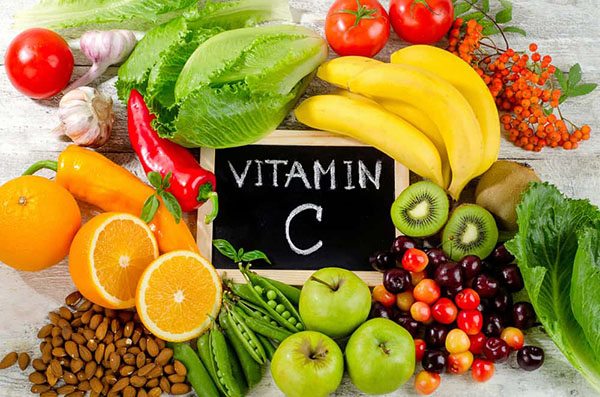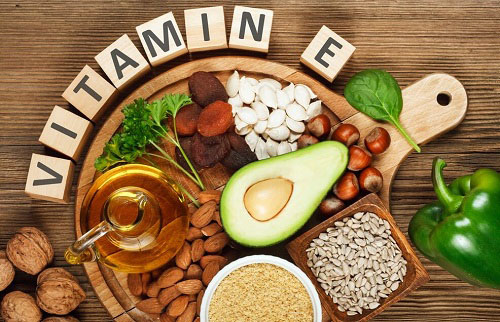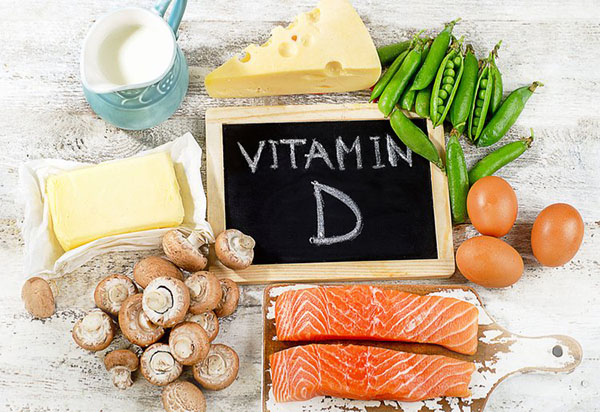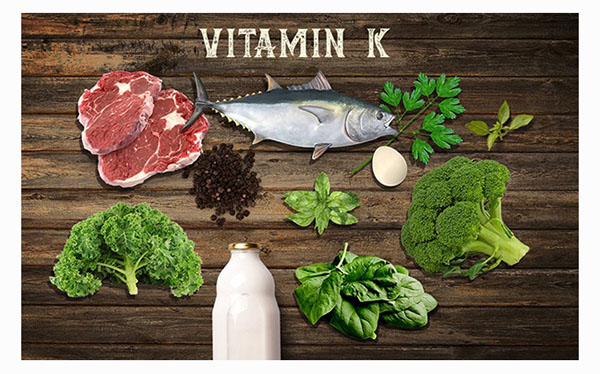As vitamins are essential to your health and body functions, vitamin deficiencies can cause adverse effects on the skin. In many cases, these vitamins are most effective when a person applies them directly to the skin. Following a healthful, balanced diet that is free of vitamin and nutrient deficiencies can make your skin glowing, healthy and youthful. And in this article, we will tell you the best vitamins for skin whitening.
Vitamin C
It’s no surprise this vitamin tops the list. This vitamin produces collagen, which links the cells for younger-looking, healthy and radiant skin. It prevents wrinkles and scars and hence enhances the texture and tone of the skin. Because of its antioxidant properties, it prevents skin-damaging. You can even utilize Vitamin C products for healing wounds and reducing inflammation.
We can find this nutrient easily in daily dietary supplements, foods, and over-the-counter products. The suggested dose for adults is 65 to 90 mg every day.

Best sources of vitamin C
- Citrus fruits and juices like orange and grapefruit
- Kiwi, papaya, pineapple, and cantaloupe
- Mango
- Watermelon
- Berries fruits
- Green and red peppers
- Sweet and white potatoes
- Broccoli, cauliflower, and Brussels sprouts
- Winter squash
- Tomato
- Spinach, turnip greens, cabbage, and other leafy greens
Topical application
Applying topical vitamin C directly to the skin may improve elasticity and help the skin look younger and brighter. Vitamin C serums may also stimulate collagen production, fighting the damaging effects of the sun. You can prepare Vitamin C serum at home with Vitamin C powder, Aloe Vera, Vitamin E oil. Combine the vitamin C powder and filtered water. Whisk the ingredients until the vitamin C powder is completely dissolved. Once dissolved, stir in the aloe vera gel and vitamin E oil. Keep it in the refrigerator for 1–2 weeks and use it every night.
Vitamin E
Like vitamin C, vitamin E is an antioxidant that serves a number of purposes to maintain healthy skin. Vitamin E reduces sun damage by absorbing the UV rays of the sun when applied topically. It also keeps the skin conditioned. Your body produces Vitamin E naturally, through an oil called sebum that is vital to maintain good skin health.
Vitamin E keeps the skin moisturized and prevents it from feeling irritated. It is recommended to consume foods containing Vitamin E for better efficacy. 15 mg of vitamin E per day is the ideal amount for adults.

Best sources of vitamin E
- Almonds
- Avocado
- Asparagus
- Mango
- Wheat germ oil
- Peanut and peanut butter
- Sunflower and sunflower seeds
- Soybean oil and safflower
- Spinach, beet greens, and collard greens
- Red bell pepper
- Pumpkin
Topical application
Topical application of vitamin E has been used in a wide variety of forms throughout history, ranging from the application of oils to the skin surface to the use of modern cosmetic formulations. You can mix a couple of Vitamin E oil drops into your regular moisturizing lotion or into virgin olive oil, and apply on your skin at bedtime. However, it is usually used in case you have extremely dry skin or severe skin problems.
Vitamin A
Vitamin A, belonging to the family of retinoids, is excellent for exfoliating dead skin. If you have dark spots from acne, this vitamin is an excellent treatment option.
Vitamin A is also good to reduce the appearance of signs of aging by interrupting the process of collagen damage. It prevents sun damage and can also prevent sunburn. The suggested amount of vitamin A daily is from 700 to 900 micrograms.

Best sources of vitamin A
- Liver and liver products like liver pate
- Sweet potato
- Cheese, whole milk, and yogurt
- Eggs and egg yolks
- Oily fishes
- Carrots, butternut squash
- Broccoli
- Bell peppers
- Pistachio nuts
- Tomato
- Mango and cantaloupe
Topical application
Take two teaspoons of moisturizer, and place the product in a small bowl. Be sure to select a brand that has been formulated for use on the face, or it may clog the pores and cause pimples.
Add ¼ teaspoon of retinol or crushed vitamin A tablets to the moisturizer, and stir until both products are thoroughly blended. Use fingertips to apply cream to the face, smoothing gently with soft, upward strokes until all affected areas have been covered and moisturizer has been completely absorbed.
Vitamin D
Not technically a vitamin, but a hormone, vitamin D is produced when your skin is exposed to ultraviolet B (UVB) light from the sun, but it does not mean you have to stay outside and risk UV damage. Vitamin D supports skin cell metabolism, helping the skin grow and repair itself. So, inadequate levels of vitamin D may trigger skin problems.
Vitamin D can also be taken through certain foods and supplements. It creates healthy cells in the body. The recommended intake per day is 10 micrograms.

Best sources of vitamin D
- Cod liver oil
- Oily fishes
- Almond milk
- Egg yolks
- Breakfast cereals and spreads
- Red meat
- Some dairy products
Topical application
Try getting more sun to increase the vitamin D your body makes on its own. But use this treatment carefully, as Increased sun exposure, especially in excess, can increase your risk of skin cancer. You can also use topical vitamin D oils that are applied directly to the skin.
Vitamin K
Vitamin K is a newcomer to the skin care scene. Vitamin K is part of a group of vitamins that has been primarily used to help heal wounds. Also, it reduces the appearance of dark spots, wrinkles, scars, stretch marks, and under-eye circles. Adults need between 90 and 120 micrograms every day.

Best sources of vitamin K
- Kale
- Spinach
- Swiss chard
- Mustard greens
- Broccoli and cauliflower
- Brussels sprouts
- Liver
- Fish and meat
- Eggs
- Romaine
- Parsley
- Cereals
Topical application
It’s a smart addition to your arsenal but it works best when combined with other proven ingredients.
If it’s dark circles you’re looking to tackle, choose a cream, lotion or serum that boasts vitamin K along with caffeine or retinol. The latter is proven to increase collagen production making the skin less thin and transparent. In turn, dark purple blood vessels underneath will be less visible.
Many vitamins can improve skin health, but what vitamins for skin whitening? By eating a varied and nutrient-dense diet with vitamins above, your skin will become brighter and healthier. Also, choosing the right skin care products as well as adding our beauty supplement in your diet are good tips so that your body can have absorption of vitamins and nutrients better
- Related post: 9 Effective Tips for Skin Whitening



